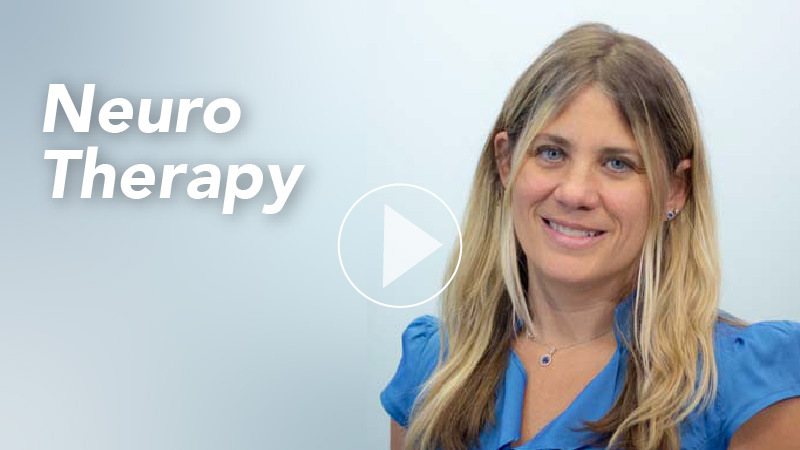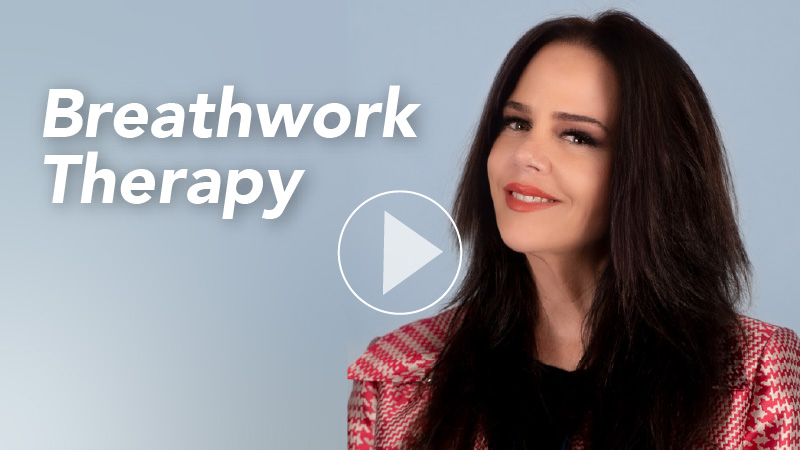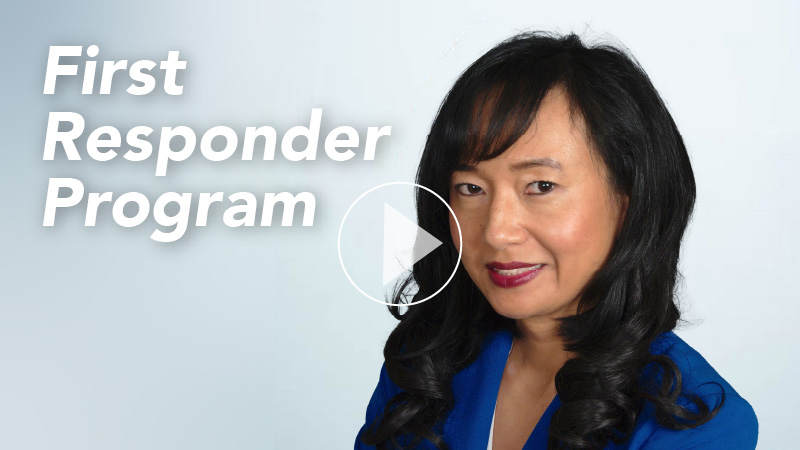
Addiction Treatment
Using evidence-based clinical practices, cutting-edge technology and decades of experience, we offer a fully customized strategy through all levels of care.

Mental Health Treatment
Our fully-licensed mental health treatment is driven by a passion for effective comprehensive healthcare providing a safe and effective pathway to lifelong recovery.

Shatterproof FHE Health
Shatterproof FHE employs evidence-based therapies, innovative medical care, and a comprehensive wellness program.
Most Insurances Accepted


Don’t see your insurance?


















